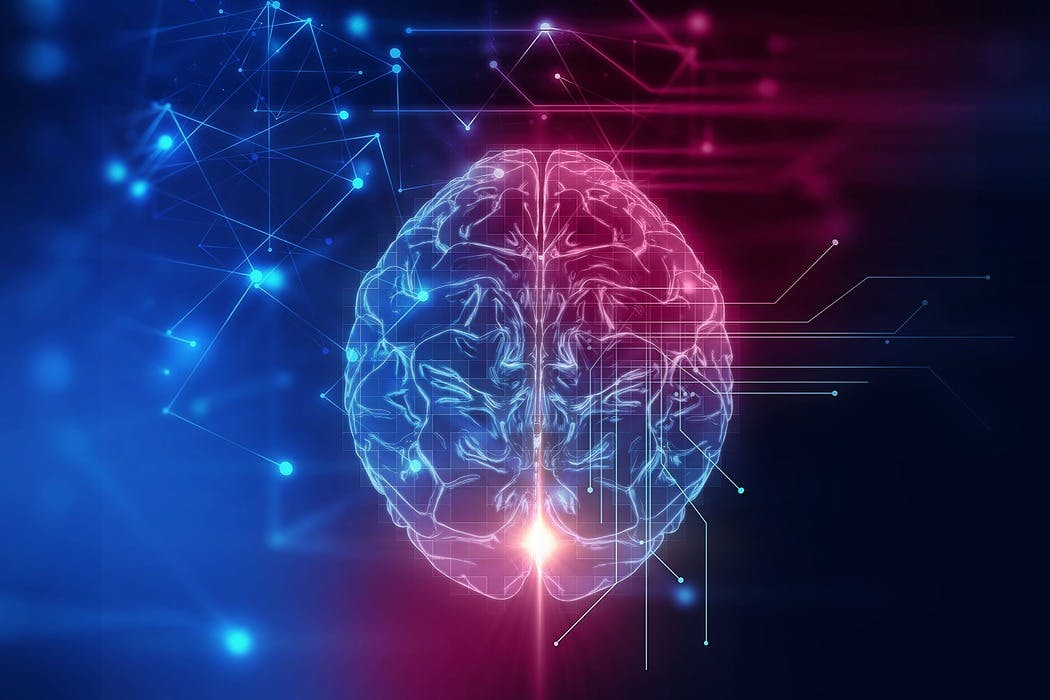1,204 reads
Business perspective in the Future of AI development by 2025
by
October 17th, 2019
IT Project Manager, working in a Data Science Team over the NLP, Computer Vision and Fraud Detection
About Author
IT Project Manager, working in a Data Science Team over the NLP, Computer Vision and Fraud Detection
